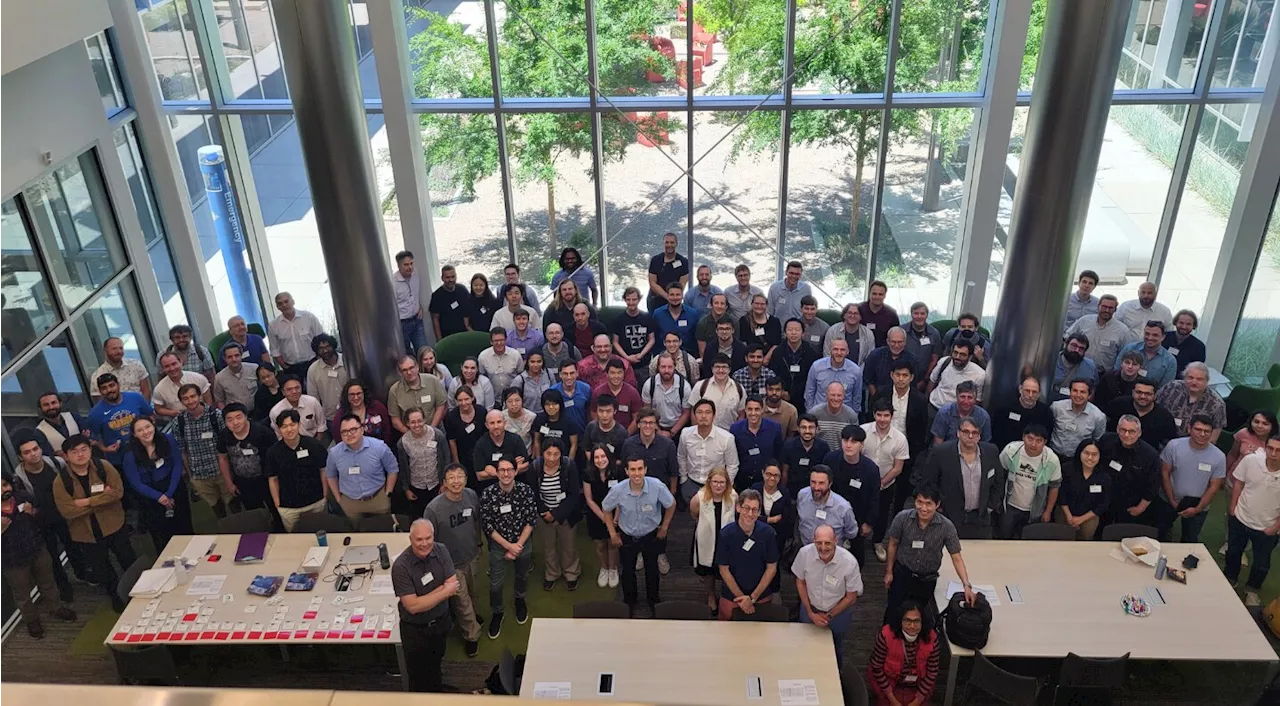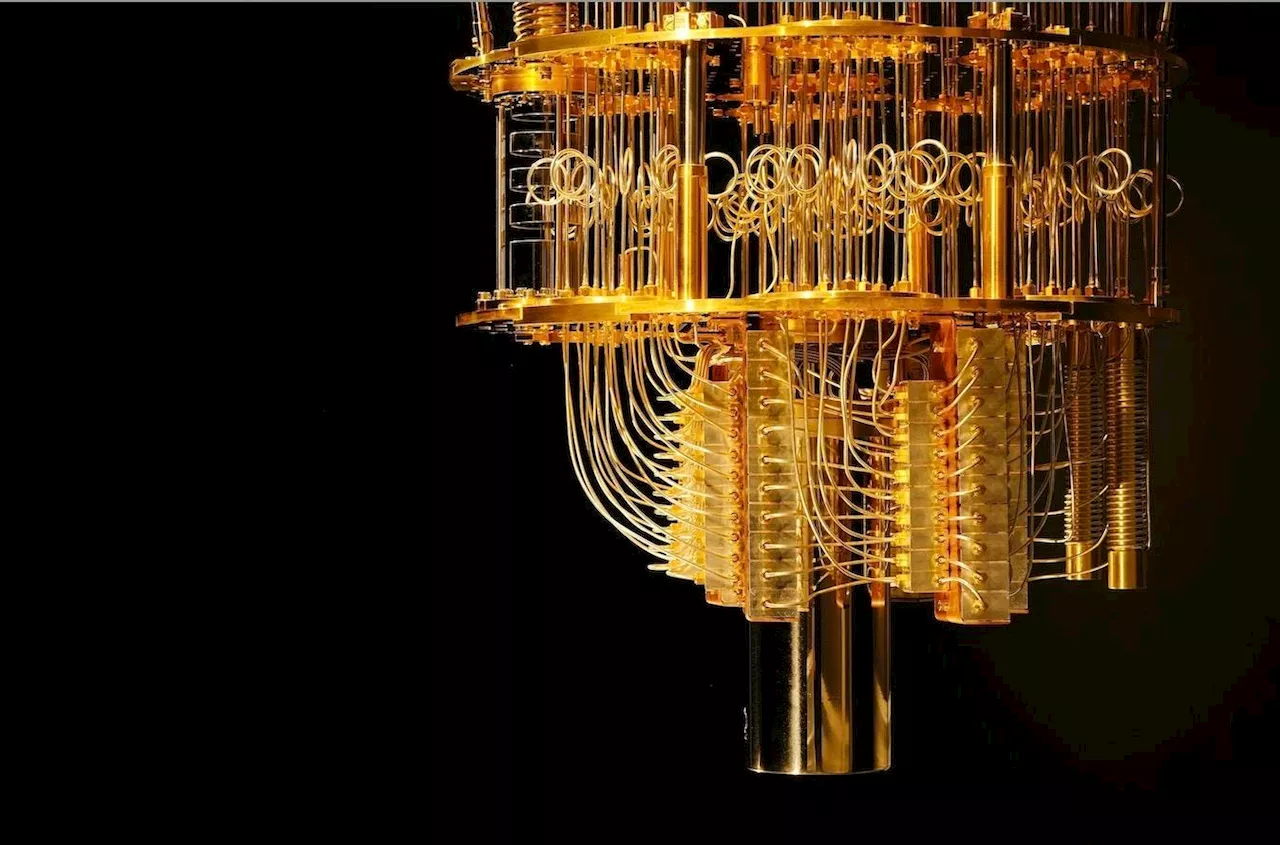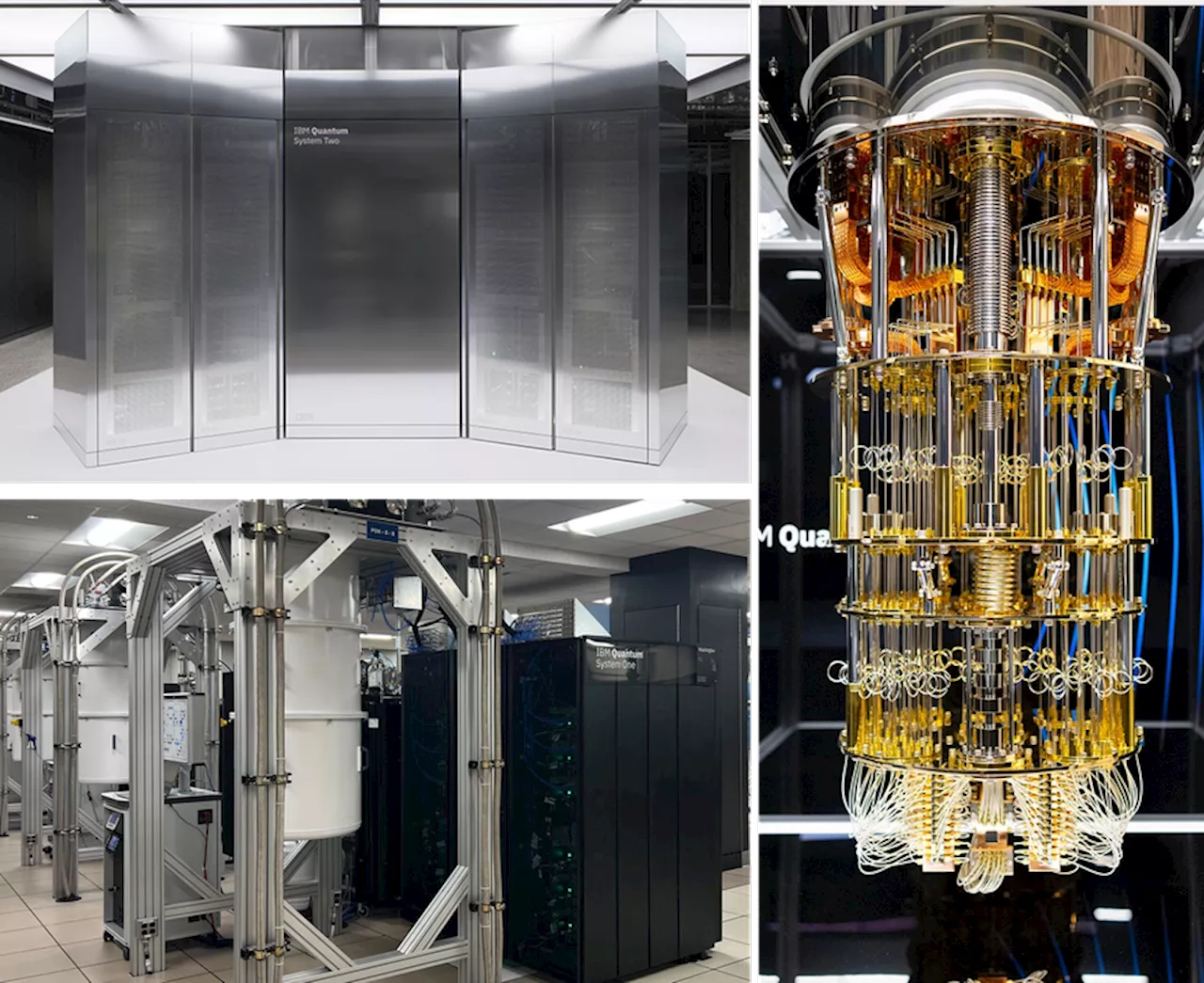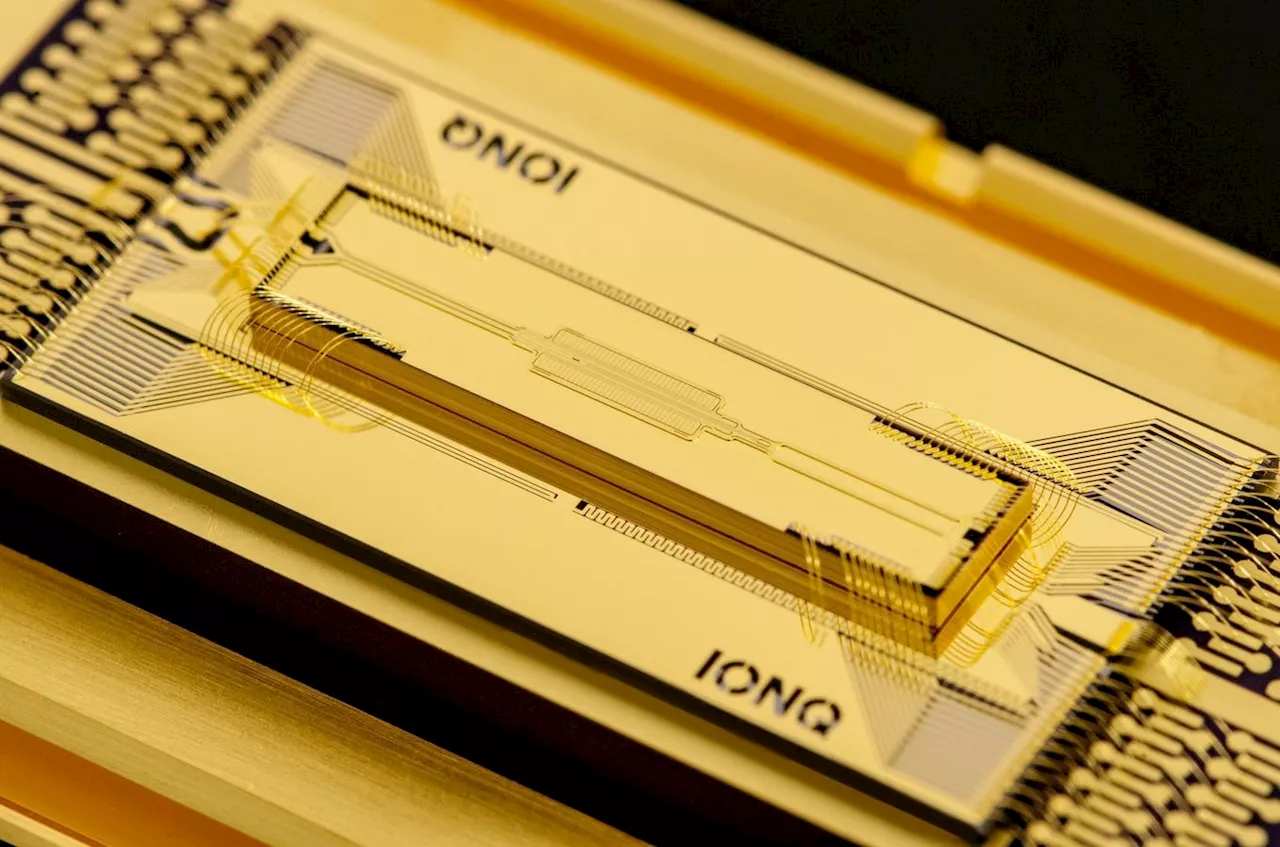Tor Constantino is a communications professional with 25 years experience as a former journalist and corporate communications executive with an MBA degree. His career has spanned a wide range of technological industries including telecommunications, cloud-based SaaS applications, Big Data analytics, artificial intelligence (AI), and MedTech.
in the world to train his AI models to fuel future Tesla EVs, robotaxis, Optimus humanoid robots and Grok which is the large language model in beta test on X — formerly known as Twitter.
He further noted that both Republicans and Democrats want to ensure the US maintains a leadership position within the AI space for the sake of the economy, national security, as well as future safety and governance of the tech. But there isn’t agreement on how to power the future of AI. In quantum computing, those systems operate on quantum bits, or qubits. A qubit is like a spooky, magical switch that can be both off and on at the same time – here’s how. Imagine a spinning coin on a table. While it's spinning around, it's not just heads or tails – it's actually kind of both until it lands.
“Large language models operate on linear algebra, and that's one of the things quantum is good at, and we are busily working on looking at creating a hybrid version of a large language model where we move the linear algebra off of GPUs and CPUs and onto a quantum processor. That migration would then reduce the energy requirements,” Chapman explained.
Campbell AI US Ionq Barclays Artificial Intelligence
Singapore Latest News, Singapore Headlines
Similar News:You can also read news stories similar to this one that we have collected from other news sources.
 Neutral atom innovations by quantum systems accelerator mark quantum computing milestonesBefore quantum computers can solve complex problems, researchers must develop technologies that manage larger numbers of qubits (the building blocks of quantum computers) for extended periods.
Neutral atom innovations by quantum systems accelerator mark quantum computing milestonesBefore quantum computers can solve complex problems, researchers must develop technologies that manage larger numbers of qubits (the building blocks of quantum computers) for extended periods.
Read more »
 Quantum error correction technology outperforms world's leading quantum computing company, researchers claimSolving the problem of error is essential for the practical application of quantum computing technologies that surpass the performance of digital computers. Information input into a qubit, the smallest unit of quantum computation, is quickly lost and error-prone.
Quantum error correction technology outperforms world's leading quantum computing company, researchers claimSolving the problem of error is essential for the practical application of quantum computing technologies that surpass the performance of digital computers. Information input into a qubit, the smallest unit of quantum computation, is quickly lost and error-prone.
Read more »
 Radical quantum computing theory could lead to more powerful machines than previously imaginedKeumars is the technology editor at Live Science. He has written for a variety of publications including ITPro, The Week Digital, ComputerActive, The Independent, The Observer, Metro and TechRadar Pro. He has worked as a technology journalist for more than five years, having previously held the role of features editor with ITPro.
Radical quantum computing theory could lead to more powerful machines than previously imaginedKeumars is the technology editor at Live Science. He has written for a variety of publications including ITPro, The Week Digital, ComputerActive, The Independent, The Observer, Metro and TechRadar Pro. He has worked as a technology journalist for more than five years, having previously held the role of features editor with ITPro.
Read more »
 IBM’s Qiskit Takes Lead In Quantum Computing Software DevelopmentSteve McDowell is chief analyst at NAND Research. Steve is a technologist with over 25 years of deep industry experience in a variety of strategy, engineering, and strategic marketing roles, all with the unifying theme of delivering innovative technologies into the enterprise infrastructure market.
IBM’s Qiskit Takes Lead In Quantum Computing Software DevelopmentSteve McDowell is chief analyst at NAND Research. Steve is a technologist with over 25 years of deep industry experience in a variety of strategy, engineering, and strategic marketing roles, all with the unifying theme of delivering innovative technologies into the enterprise infrastructure market.
Read more »
 IBM Brings Together Partners To Accelerate Quantum Computing AdoptionJim is a principal analyst and partner at TIRIAS Research, a high-tech research and advisory firm consisting of experienced analysts. Jim has over 30 years of technical and business experience with leading high-tech companies including Intel, Motorola, ON Semiconductor, STMicroelectronics, and General Dynamics Space Systems.
IBM Brings Together Partners To Accelerate Quantum Computing AdoptionJim is a principal analyst and partner at TIRIAS Research, a high-tech research and advisory firm consisting of experienced analysts. Jim has over 30 years of technical and business experience with leading high-tech companies including Intel, Motorola, ON Semiconductor, STMicroelectronics, and General Dynamics Space Systems.
Read more »
 New classical algorithm enhances understanding of quantum computing's futureIn an exciting development for quantum computing, researchers from the University of Chicago's Department of Computer Science, Pritzker School of Molecular Engineering, and Argonne National Laboratory have introduced a classical algorithm that simulates Gaussian boson sampling (GBS) experiments.
New classical algorithm enhances understanding of quantum computing's futureIn an exciting development for quantum computing, researchers from the University of Chicago's Department of Computer Science, Pritzker School of Molecular Engineering, and Argonne National Laboratory have introduced a classical algorithm that simulates Gaussian boson sampling (GBS) experiments.
Read more »
